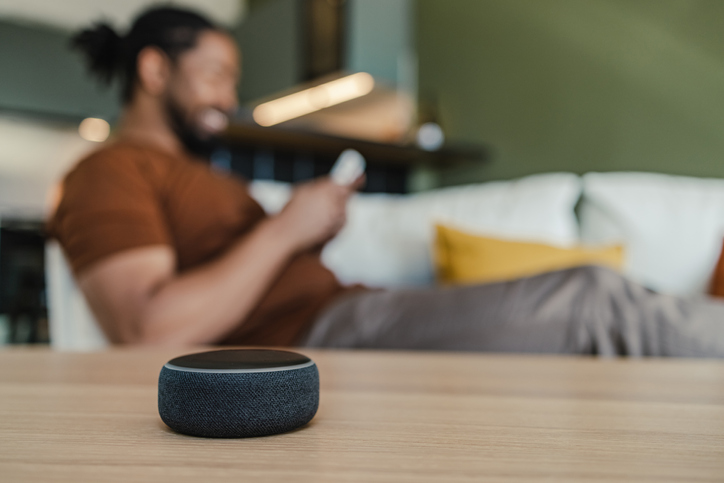As new technology arrives each day, it’s often assumed that the early adopters are the youth of the world. But when it comes to new voice technology such as Google Home and Amazon Alexa, the Baby Boomer generation and beyond have adopted these technologies as their own personal and work companion.
A study conducted by Google over the past year showed that 51% of people ages 55 or older use a voice technology to get information in one form or another. People over the age of 55 saw the voice technology as an electronic companion, while others saw it as a way to empower themselves to get an answer to a question they had.
Studies showed that the Baby Boomers used voice commands in many different aspects to help them in their daily lives. From asking about the weather that day, setting a timer while cooking, or asking a question while looking at another device such as a smart phone, tablet, or computer.
Voice technology has also aimed at helping older generations in aspects such as keeping in touch with family members or setting daily reminders for taking medicine or exercising. Listening to audiobooks or catching up on local news by simply using a voice command are also top uses of the voice technology that older generations found value in.
Integrating smart technology with voice technology has helped older generations feel more independent by being able to change the temperature in the room or close the garage door. Particularly people with mobility issues are leveraging voice technology to help with their day to day activities. It has also helped their family members feel more at ease knowing that with a simple voice command, their loved ones could accomplish a task with a reduced risk of injury.
App integration has also been a key component in voice technologies around the home. Apps that integrate with most voice technologies are being developed to help elderly say a command to message a loved one if they need help or were injured. The apps will then alert families via a text message or app notification that a loved one needs assistance. Other applications include helping the elderly maintain daily routines and follow ups to ensure they are staying on task in their daily lives.
As voice technology grows, so will the uses across all generations that use it. Seeing all generations adapt to technology shows that all generations of people can find an impactful use that can help them and their loved ones in their daily lives.

